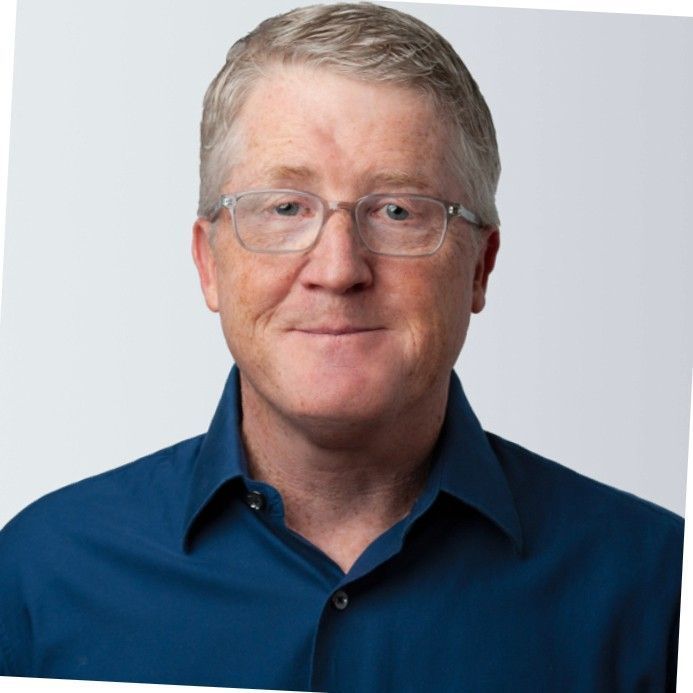

Image by DALL·E Pic: Midjourney
Editors' Note: Many Fast News images are stylised illustrations generated by Dall-E. Photorealism is not intended. View as early and evolving AI art!

Crisis evolves fast,
AI's dual role in play,
Plans must adapt now.

Sefiani rolls out Clarity Global Crisis Report in APAC
Sefiani has published the second annual Clarity Global Crisis Report in the Asia-Pacific region, titled 'Navigating Crisis in the Age of Uncertainty'. This report is a detailed examination of modern crisis and reputation management, featuring insights from members of the Clarity Global Crisis Council.
The report highlights the evolving nature of crisis management, focusing on the speed, complexity, and emotional intensity of contemporary crises.
President ANZ & Reputation Counsel and Clarity Global Crisis Council lead, Robyn Sefiani, based in Sydney, stated: "Our latest report is a study in modern crisis and reputation management with perspectives written by Clarity Global Crisis Council members at the front lines of crisis management."
"It draws on the lived experience of our crisis management experts around the world and provides a blueprint for effective crisis preparedness, crisis response, and communication and digital strategies for best practice reputation management," she said. "Boards, leadership teams, and communication professionals observing the rise and rise of the corporate crisis will be increasingly aware that the ways in which organisations prepare for and respond to reputational threats have rapidly evolved."
CEO of Clarity Global, Rachel Gilley, based in London, said: "Let’s be honest: crisis is no longer the exception. It’s the environment we all operate in. Whether it’s a cyber attack, a social media firestorm, a deepfake scandal, or something else no one saw coming, how you respond can make or break your brand. If you’re still dusting off a PDF crisis plan when the heat is on, you’re already behind."
The report also discusses the dual role of AI in crisis management, highlighting its potential as both an opportunity and a threat, while stressing the importance of human oversight in AI deployment.
President Corporate & Crisis Communications, Nick Owens, underscores the concept of 'muscle memory' in crisis preparedness, a notion initially introduced by Dwight D. Eisenhower. Clarity's Chief Digital Officer, Tom Telford, provides an analysis of a recent cyberattack on Marks & Spencer, underscoring the significance of digital-first crisis communications. The report further explores themes such as authenticity, empathy, cross-functional leadership, secure digital footprints, resilient internal culture, and lessons from crisis management.
In addition, Clarity Global has expanded its Crisis Council by appointing two new members: Dani Cohen and Sandra Sowray, co-Directors of Prolog Consulting in South Africa.
"Dani and Sandra have substantial experience handling the most difficult situations in differing jurisdictions in Africa’s Sub-Sahara region requiring nuanced understanding and approaches. Added to that is their successful track record in litigation, advocacy and regulatory support in those markets. We are thrilled they are joining our high-calibre global crisis council," said Robyn Sefiani. "We recognise that the speed, complexity and emotional intensity of crises today fundamentally differs from those of even a few years ago and this is what we set out to address."









